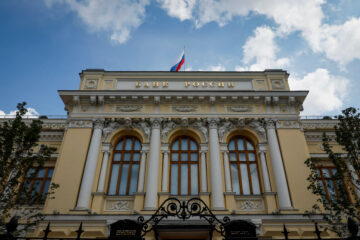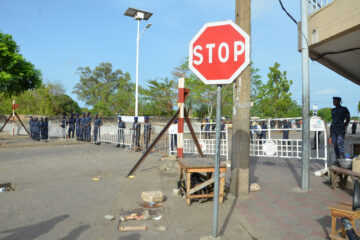Record 1,215 rhino poached in South Africa in 2014
The slaughter of rhinos in South Africa hit a new record in 2014, with poachers killing 1,215 of the iconic savannah animals as Asian-led demand for their horn showed no sign of abating, authorities said Thursday.
The grim new tally, which was announced by Minister of Environmental Affairs Edna Molewa, represents a 21 percent jump on the 1,004 rhino poached in 2013.
"The figure remains worryingly high," Molewa said.
The poaching of one of Africa\’s "Big Five" animals, is driven by strong demand for their horns in countries such as Vietnam, where they are prized for their purported medicinal properties.
The claims, including that powdered horn can cure cancer, are scientifically untrue but have helped drive up prices to about a thousand dollars (790 euros) for a kilogramme(2.2 pounds) of a horn.
Global wildlife watchdog Traffic said the death toll — which translates to roughly three killings a day — have shown that "2014 was the worst on record for rhino poaching".
The numbers killed "now raises concerns that rhino populations in South Africa may be in decline for the first time in nearly 100 years", warned Traffic.
Over two thirds of the beasts killed last year were found dead in the famed Kruger National Park.
In a bid to save the threatened animals, South Africa last year moved over 100 rhinos to "secure locations", including neighbouring countries.
"Through this method we aim to create rhino strongholds, areas where rhino can be cost-effectively produced," said Molewa.
The poaching epidemic is not limited to South Africa. Neighbouring countries have also begun reporting rising numbers in rhino killings.
Last year, the Namibian government said it would dehorn most of its nearly 2,000-strong rhino population after a sudden spike in poaching incidents.
And Mozambique, which borders Kruger Park and is also used as a recruiting ground by syndicates, reportedly has no rhinos left.
Many of the poachers arrested in the park are Mozambicans.
Poaching has sparked a debate on whether to legalise rhino horn sales, but conservationists and regional governments remain divided on the issue.
Internationally, the rhino horn trade was banned by the Convention on International Trade in Endangered Species of Wild Fauna and Flora (CITES) in 1977.
South Africa is in the final stages of setting up a panel to consider the possibility of reversing the ban, at least partly.
"The panel will discuss … whether to trade or not," said Molewa.
Poaching, she said, has become part of an "multi-billion-dollar worldwide illicit trade".
The World Wide Fund for Nature (WWF) said the killings highlighted the need for urgent international action to tackle the crisis.
"Killing on this scale shows how rhino poaching is being increasingly driven by organised criminal syndicates," said the fund\’s Elisabeth McLellan.
Rhino poaching in South Africa has sharply escalated since 2007, when only 13 rhinos were killed.
Although the recent figures are staggeringly high, South African conservationist Dex Kotze believes that they could be much higher because some of the dead animals are never discovered in Kruger, a vast park the size of Israel.
"It\’s not a true reflection of the actual poaching numbers," said Kotze, organiser of the Global March for Elephants and Rhinos which took place in countries across the world in October. "The figure is much higher."
Kotze is calling for harsher laws to combat poaching, saying there are "serious flaws in South Africa\’s legislation."
South Africa is said to be home to around 20,000 rhinos, some 80 percent of the worldwide population.
SOURCE: AFP
[do_widget_area inner_adsbar]











